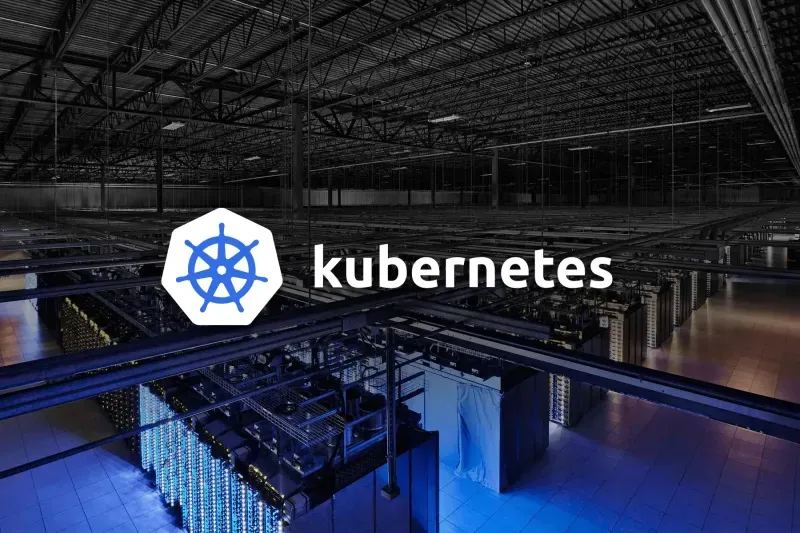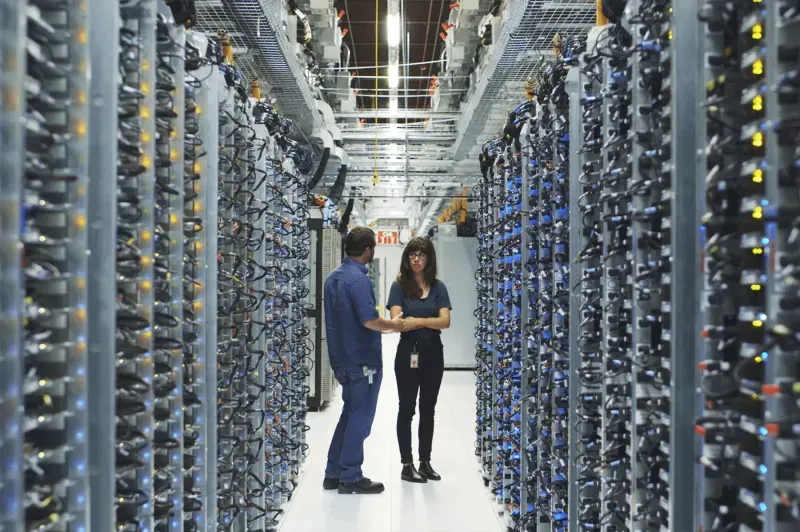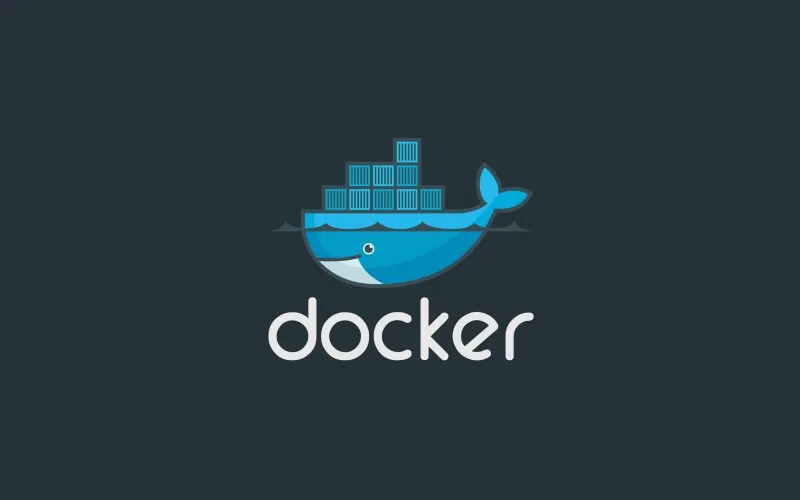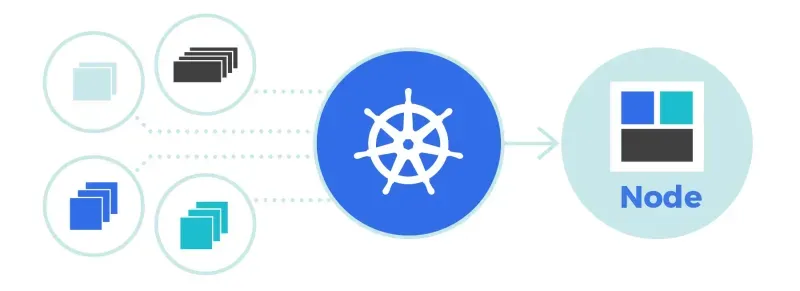

Kubernetes is driving cloud adoption at enterprise companies in Korea. Operations leaders at enterprise companies are excited about the combination of Docker and Kubernetes and are looking to move their service platforms to the cloud. Let's take a look at why Kubernetes is leading the way for cloud adoption.
Computer Clusters

Figure source: Google IDC
A cluster is the connection of multiple computers using a high-speed local area network. It can have the advantage of improving the availability and reliability of resources by enabling faster processing speeds and more storage capacity beyond the limitations of hardware.
In the domestic enterprise market, clusters are mostly configured to redundant monolithic architectures and to increase throughput. Redundancy is an advantage of computer clusters. It ensures that in the event of a hardware failure, the systems within the cluster and their resources will continue uninterrupted processing as other parts of the cluster pick up the slack. This is especially important for applications that require high uptime, such as conducting large-scale research, analyzing trends, and running business and web applications 24/7.
Cost-effectiveness, flexibility, and high redundancy make cluster computing an ideal choice for developers and agile businesses. Bringing clusters to the cloud makes them better. Bringing high-performance computing to the cloud breaks down geographic barriers while maintaining the innate advantages of clusters.
Google is known as one of the best users of computer clusters. Since the early 2000s, Google's search services have been powered by Borg, a high-performance distributed system they developed in-house. And Kubernetes was developed by many of Google's Borg development team.
Containers that solved the cluster's problems

One of the challenges of running a cluster is that the operating environments or various configuration files contained in the operating system can conflict. If you are running an application on a network of computers, the supporting environments that the application requires can conflict. Another issue is how to manage multiple applications that require multiple different settings. For example, if you run a test using one version of the Java framework, but another part of the cluster has a higher or lower version of the Java framework, it would be a very incomprehensible situation for the operator.
In this case, containers solve all the problems. Containers, like Docker, encapsulate the entire runtime environment, from applications and libraries to configuration files, so you can run your software reliably in any operating environment.
Kubernetes that solved the container problem

Controlling a small number of containers might be fine. But controlling a large number of containers at cluster scale is a different story. If you need to manage thousands of containers, you need tools to deploy, create, and deploy applications in containers. Kubernetes is a container orchestrator that automates the deployment, scaling, and management of applications in containers.
Here are some of the most common things Kubernetes can do.
- Scheduling: Places containers on the most spare nodes. It is also responsible for moving running containers to another node when a node dies.
- Clustering: Multiple nodes can be grouped together and used as one, meaning all containers can communicate internally.
- Service discovery: Takes on the task of finding out where containers are deployed because they are automatically deployed.
- Logging and monitoring: Manages logs and allows you to show them, either directly or using other tools.
Because Kubernetes is open source, anyone can use it, which is why every cloud ecosystem already has services that include Kubernetes.
Wrapping up
As clusters become easier to configure, the discussion of Micro Service Architecture (MSA) is becoming more prevalent. No longer will infrastructure limitations be an excuse for not being able to do MSA, and Kubernetes will be a good cloud service at a time when many projects are looking at MSA to meet the needs of faster-moving businesses.
.svg)
.svg)






